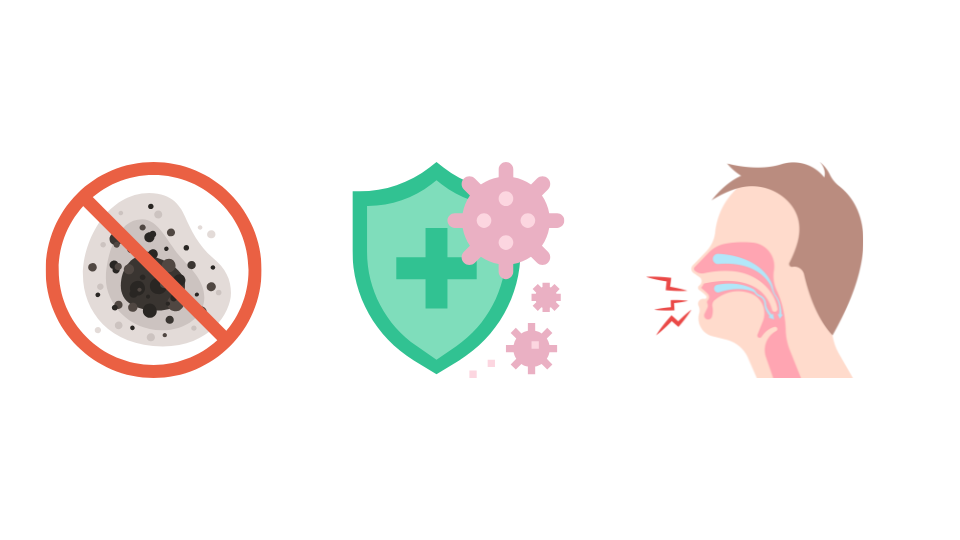Living in a cold home is challenging for anyone, but if you have asthma, it presents unique and serious health risks. To mitigate these, it’s important to understand how a cold home can worsen asthma symptoms, and what steps you can take to protect your health.
What is Asthma?
Asthma is a chronic respiratory condition that makes airways sensitive and prone to inflammation. Cold air and damp environments are two significant triggers for asthma symptoms, which can result in an asthma attack. These attacks kill 3 people in the UK each day.
Approximately 5.4 million people have asthma across the UK. Asthma can get worse over time if it is poorly controlled, but it can be kept under control with the use of medicines and by avoiding triggers.
How Does a Cold Home Affect Asthma?
Asthma in the cold temperatures of winter can be more difficult to deal with compared to the warmer months. That’s because cold weather is a trigger for many people with the condition. The easy solution is to keep your home heating to a comfortable temperature, but with high energy bills set to rise even further in January, this simply isn’t a reality for many across the UK.
Living in a cold home can have a range of impacts on asthma, including:
Increased growth of mould and damp. Condensation from insufficient heating creates the perfect conditions for mould, which releases spores that can trigger asthma attacks.
Weakened immune system. Cold temperatures can weaken the immune system, making respiratory infections more likely and aggravating asthma.
Irritated airways. Breathing in cold, dry air can irritate the airways, causing coughing, wheezing, and shortness of breath.

Tips For Managing Asthma in a Cold Home
Ventilate Regularly. Open windows briefly during the day (even in winter!) to let moisture escape. This is especially important after cooking or showering, to prevent the growth of mould and damp.
Tackle Mould Quickly. If you do develop mould, clean it using vinegar or specialist mould treatments that are free from strong fumes. Always wear a mask and gloves to protect your lungs. The safest way to tackle mould is with vinegar, by spraying it on the affected area and leaving it for 15 minutes. It should then be easy to wipe away.
Layer Up Overnight: Layer blankets to keep your body temperature warm overnight. Hot water bottles or heat packs can also provide extra warmth.
Seal Gaps and Drafts: Use adhesive strips around windows and draught excluders under doors to stop cold air getting in.
Energy Support For Those With Asthma
Living with asthma in a cold home can feel daunting, but small changes can make a big difference. By managing triggers and improving your home’s warmth and ventilation, you can reduce the impact of asthma and breathe easier this winter.
If your home isn’t energy efficient and you have asthma, you can access a government-backed grant to upgrade your property. These grants are designed to improve the energy efficiency of homes across the UK by installing various home upgrades. These include solar panels. insulation, and heat pumps – all of which are provided and installed completely free of charge.
These measures save the average household hundreds each year off their energy bill. If you have asthma and your property qualifies, your income does not matter. You can check if your property qualifies in under a minute by clicking the button below.




Comments
Can you help me, I do have asthma I’ve got electric bed and electric wheelchair and it helps
Hi Lisa,
Thank you for contacting us, we appreciate your comment.
We have passed your contact details to our customer service advisors and they will contact you shortly.
I hope this is of some help to you.
The Energy Advice Helpline Team.